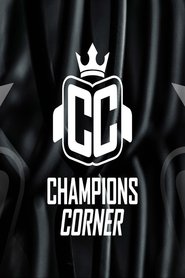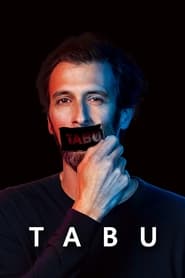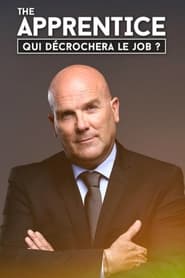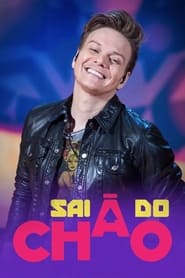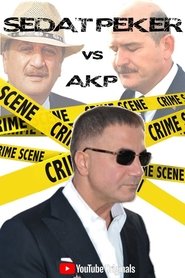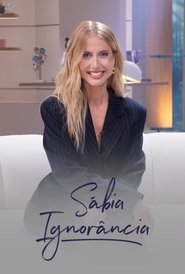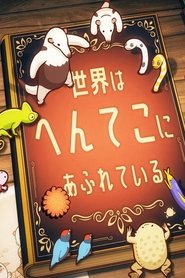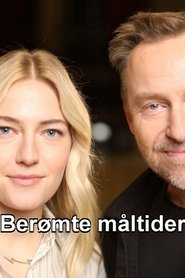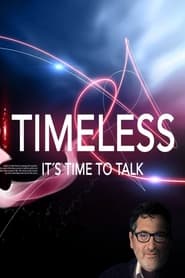Talk TV Series - Page 142
-
Champions Corner
2023
-
Local Perspective
2015
Local Perspective
2015
star 9Follow Chen Danqing's eyes to gain insight into the subtle and vast world of Wanhua and enjoy the wonderful details of famous paintings. Chen Danqing's eyes are a precious artistic treasure of this era. This program, through his eyes, his words, his insight and aesthetics, tells the story of each minute part of a masterpiece of Chinese and Western painting, a wonderful detail that no one notices but will be enlightened and applauded after seeing it. The whole film was shot in Chen Danqing's studio and later supplemented with a lot of animation effects. Through topics and stories of interest to young people, the film is guided to re-examine the neglected corners of art creation and artists in various periods. -
Tabu
2022
Tabu
2022
For a week, Bruno Nogueira will live with each group, listen to their stories, understand how they integrate, how they are looked at and what obstacles they live with. After that, he will make them and their stories, protagonists of a stand up show without limits. -
모던 패밀리
2019
모던 패밀리
2019
-
Insiders
2001
Insiders
2001
Insiders analyses and discusses Australian politics with the use of a panel of political journalists and columnists and interviews with prominent politicians and commentators. Broadcast on ABC1 on Sunday mornings at 9 am, the show also features many regular commentators from various Australian media outlets and think tanks. The program is presented by veteran political journalist Barrie Cassidy as part of the ABC's Sunday morning line-up, commencing with Insiders, followed by Inside Business and then Offsiders, a sports program also hosted by Cassidy. -
Sai do Chão!
2014
Sai do Chão!
2014
-
SRF Retro Quiz
2021
SRF Retro Quiz
2021
-
Sedat Peker vs AKP
2021
Sedat Peker vs AKP
2021
star 9.8A mafia leader with deep connections to the government is ousted and his house raided. Now he is seeking revenge against the ones done him wrong by exposing the dark connections between the mafia and the government. -
The Wall Danmark
2019
The Wall Danmark
2019
-
가나다같이
2021
가나다같이
2021
-
Leider laut
2019
Leider laut
2019
-
The B+ Show
2011
The B+ Show
2011
The B+ Show is an Egyptian satirical news show created by Bassem Youssef. The program was uploaded to his YouTube Channel and gained more than five million views in the first three months alone. It was shot in Youssef's laundry room using a table, a chair, one camera, and a mural of amateur photos from Tahrir Square that cost $100. Youssef used social media to showcase his talent and his show gave a voice to the millions of Egyptians who were seething with anger from the traditional media's coverage of the Egyptian Revolution. -
Sábia Ignorância
2024
Sábia Ignorância
2024
-
AEW: Meal & a Match
2024
AEW: Meal & a Match
2024
RJ City and Renee Paquette look to prove we've been watching wrestling wrong as they look to break bread and break tables with some of the biggest names in AEW! -
へんてこ生物アカデミー
2020
へんてこ生物アカデミー
2020
-
Berømte måltider
2022
Berømte måltider
2022
-
Timeless
2019
Timeless
2019
-
Password
2008
